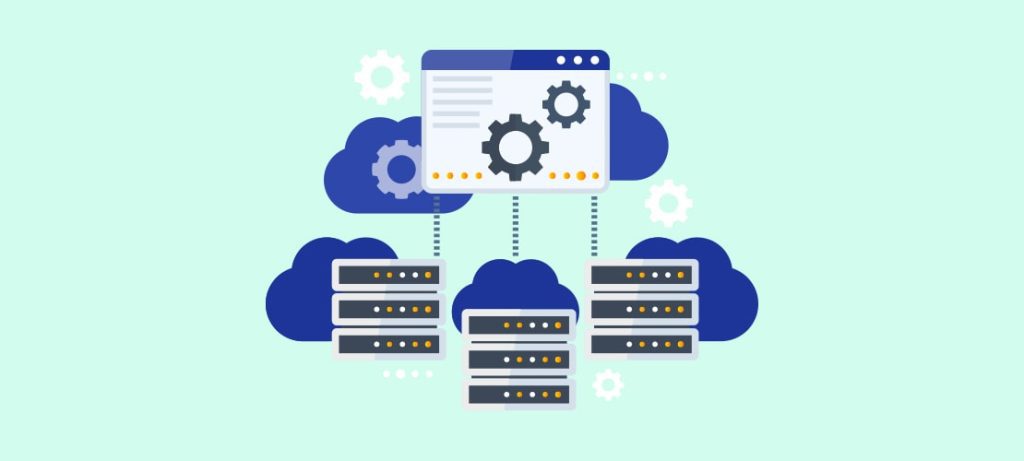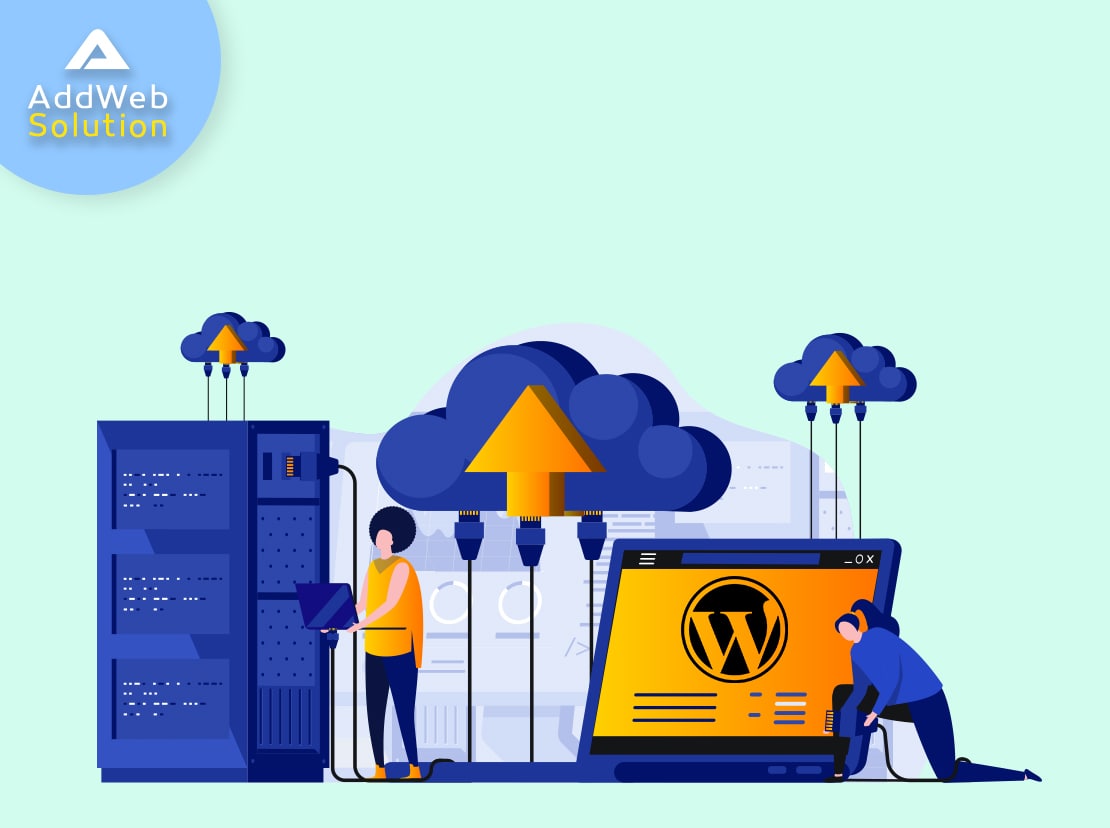Hosting is an essential component of any online business. Fast page loads, higher website speed, and tons of other factors heavily rely on the hosting plan you’ve chosen. It is essential to choose an ideal plan that suits your needs. It can directly influence your website’s revenue. Figuring out the appropriate type of hosting can be an exhausting task to deal with.
When it comes to hosting your WordPress site, shared and managed hosting remain popular options. The debate often carries on throughout the WordPress community. When you are new at website hosting, shared hosting meets the primary needs required while not necessarily costing you too much.
You can have more with managed WordPress hosting, and though costlier, provides features and benefits geared at making things easier for you. So, the decision between WP managed hosting and shared hosting is not always cut and dry; it depends on your needs and budget.
Not sure which one is a good fit for your business? Are you confused between WP managed hosting and shared hosting? In this blog post, we’ll figure out the differences between WordPress managed hosting and shared hosting. Also, we will take a look at which is suitable for your website.
Shared Hosting vs Managed WordPress Hosting – Not Exactly so DIFFERENT!
Before we jump into a deeper comparison, it is crucial to understand one thing that shared and WordPress managed hosting are not always so exclusive from one another.
When it comes to shared hosting, it is a type of WordPress hosting service where you are using shared resources on the server with others. On the other hand, managed WordPress hosting is a set of WordPress features and optimizations that can be appended to any hosting environment. It is possible that you can have managed hosting that utilizes shared infrastructure. On the other hand, you will also find a lot of shared hosts providing their own managed WordPress hosting offerings. So, it is not exactly so different in the way it is IMPLEMENTED.
Managed vs Shared Hosting – The Positive Side
Now that you know what shared hosting and managed hosting are, we can deep dive into what each of them offers to you.
WP Managed Hosting Benefits

- Server architecture designed specifically for your WordPress website. With managed WordPress hosting you can find that the server is optimized for WordPress, which brings benefits like faster load times and improved performance of your website.
- Built-in caching mechanism. Another benefit of opting for WP managed hosting is that it has built-in server-level caching, which significantly improves the performance of your website.
- Never miss any WordPress update. With the help of automatic WordPress updates enabled, you can keep your site secure and functioning all the time.
- Leverage automatic backups. It helps you save critical data on your website.
- Brings firewalls, login hardening, malware scans, and other WordPress-specific security features.
- You can also leverage the staging site feature to manage your website easily.
- Most skilled and experienced WordPress experts to help you resolve technical queries or concerns on the spot.
Benefits of Shared Hosting

- It is highly affordable. You don’t have to pay hefty fees for shared hosting. A couple of dollars per month and you’re done!
- Leverage from more bandwidth and storage. You can add multiple websites, more visitors, and possibly everything more than managed hosting – that’s a major benefit of having shared hosting.
- Your hosting is not limited to WordPress only. If you want, you can get additional software installed on the server. So, more freedom to utilize the servers.
- Most shared hosting providers offer at least one email address and email hosting to use with your web host and domain.
Managed vs Shared Hosting – The Dark Side
The downside of managed WordPress Hosting
- Managed WordPress hosting is costlier than shared hosting. It usually costs three to five times higher than the cost of shared hosting.
- You don’t benefit from hosting multiple websites using WP managed hosting. You can, obviously, host only a single WordPress website.
- You don’t get a chance to maintain your website on your own. If you want to get your hands dirty to solve your website problem, managed hosting might not be your cup of tea.
- You have to find an email service provider on your own since many WordPress managed hosting providers don’t include emails in their plans.
Problems with Shared Hosting
- Shared resources. Shared resources are the biggest drawback of shared hosting. Since you are sharing the resources, your site’s load time increases significantly.
- You might face performance issues. The focus is more towards saving cost rather than performance and hence, your website will load a bit slow.
- You don’t get extended features like automatic updates and backups or any WordPress-specific security tweaks.
- You are on your own! The biggest downside of shared hosting is that you have to do everything on your own. Though it brings more control to your hosting experience, you won’t enjoy such activities, if you have to do certain things frequently.
WP Managed Hosting or Shared Hosting – The Conclusion
Choosing between managed WordPress hosting and shared hosting is not a decision that should be taken lightly-it impacts the performance and reliability of your website. This blog will dive into the pros and cons of both options so you can make an informed choice.
If budget is not a concern, then managed WordPress hosting is clearly the winner as it provides so many more features and benefits that shared hosting can’t match. However, if your website can do just fine on shared resources, shared hosting is a very cost-effective solution that will save you a lot of money. Still unsure? Call us now!
Frequently Asked Questions
Shared Hosting may experience occasional performance variations as resources are shared among multiple websites. Managed Hosting, with its dedicated resources, provides more consistent and reliable performance.
Managed Hosting is often more scalable and designed to handle increased traffic and resource demands. Shared Hosting may have limitations on scalability due to shared resources.
Managed Hosting usually comes with specialized WordPress support, offering quicker and more tailored assistance. Shared Hosting support is more general and may have different WordPress expertise.
Shared Hosting provides limited control over server configurations, which the hosting provider manages. Managed Hosting offers more customization options, allowing you to tailor the environment to your needs.
Shared Hosting is more hands-off as the provider manages server maintenance. Managed Hosting is fully managed, with the provider handling all technical aspects, allowing you to focus on your website.
Shared Hosting is typically more budget-friendly due to shared resources. Managed Hosting is often pricier but includes dedicated resources, specialized support, and additional features.
Shared Hosting plans usually allow hosting multiple websites under one account. Managed Hosting plans may vary, but many providers offer options to host various websites on a single managed hosting account.
Managed Hosting is often the preferred choice for growing or high-traffic WordPress websites because of its scalability, performance optimization, and dedicated resources. It ensures a smoother experience as your site expands and attracts more visitors.
